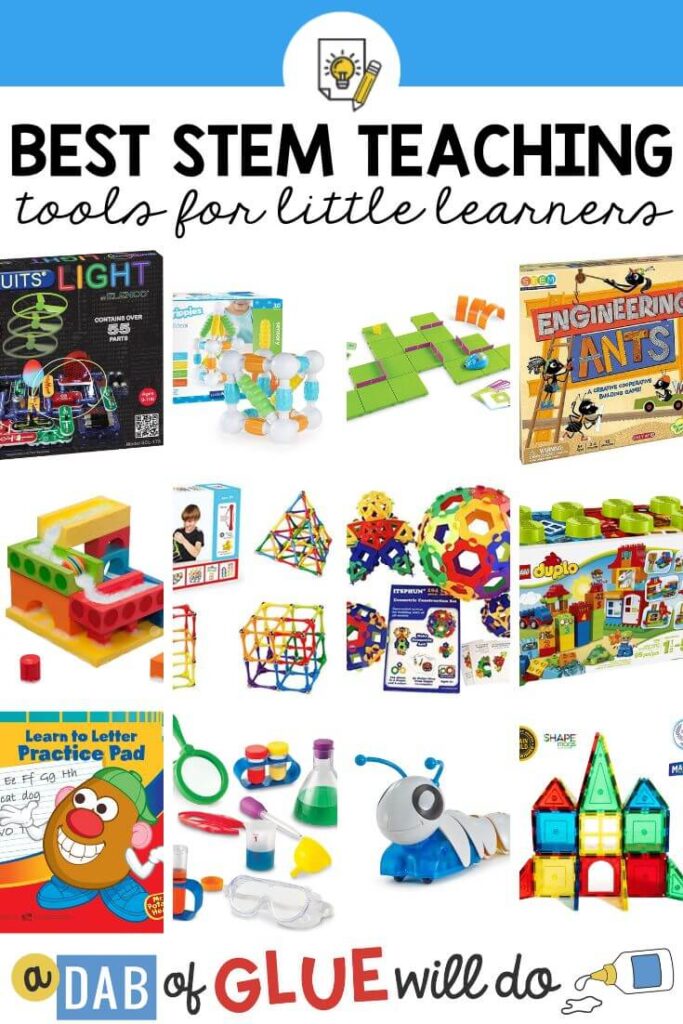How to Be a Successful Adult Student – Overview of Four Academic Skills
 When taking on the role and responsibility of being an adult student, there are several skills that a person needs to develop and enhance. Some of those skills involve activity in the classroom, such as listening, taking notes, and participating. Some of those skills are used in all walks of life, not just as a student, such as time management, organization, and prioritization. However, some of the skills are geared towards the efforts in the classroom while occurring outside the classroom. This include, among other skills, reading, writing, skill improvements, and scheduling. More so than in many other endeavors, these skills can dramatically improve the performance of an adult student.
When taking on the role and responsibility of being an adult student, there are several skills that a person needs to develop and enhance. Some of those skills involve activity in the classroom, such as listening, taking notes, and participating. Some of those skills are used in all walks of life, not just as a student, such as time management, organization, and prioritization. However, some of the skills are geared towards the efforts in the classroom while occurring outside the classroom. This include, among other skills, reading, writing, skill improvements, and scheduling. More so than in many other endeavors, these skills can dramatically improve the performance of an adult student.
Reading
Of primary importance is the skill of reading. Og Mandino claims that reading is the one skill that was taught at schools that can transform a person’s life. This skill involves two parts: the efficiency of reading and the habit of reading. Both must be used to their fullest, and these two parts support and enhance each other.
Reading efficiently means that when a person reads they get the information. A person does not need to read fast if they can read the material once and get what is needed. It is better to read slowly and get the content the first time than to speed read only to have to reread the material. Efficiency is a matter of taking the time and concentrating on the details of what is being read, which can be done by a person at any level of reading ability. Speed comes with practice; taking a speed reading course when unable to glean the necessary contents simply causes a person to read, reread, and reread the material again and again. It is more effective, in my opinion, to get it right the first time.
However, no matter how good a reader a person is, the capability will be meaningless unless it is used. Again, it is not the amount that is important but the consistency of activity. Instead of reading the newspaper in the morning, start reading a book. Replace television watching with reading. Pick a time and try to read something at that time every day; this will increase the chance of forming the habit of reading. Not everything read needs to be “important” or “helpful”; read just for fun. The key is not the material being read but the habit of reading. Once the habit is acquired, then the material can be controlled.
Writing
Writing is probably the most important method of communication between two people. In this day of texting and instant messaging, the importance of writing can sometimes be lost and buried, but this critical quality of writing cannot be destroyed.
Writing serves several purposes. First, writing is one of the few ways to communication will a multitude of people (along with public speaking). Second, writing is one of the few (relatively) permanent forms of communication. Third, a person can write something and then review the material before releasing it (unlike talking or texting, where some people seem to engage the message before the brain). Fourth, writing can help one clarify thoughts, arguments, and positions. And, finally, fifth, writing allows one to express emotions in a non-harmful fashion. This last can be done by writing down whatever one is feeling, reading over the written material, and then destroying it without releasing.
Skill Improvement
Stephen Covey, in his seminal work “7 Habits of Highly Effective People”, talks about “sharpening the saw.” The analogy he is using is about cutting wood; if your saw is dull, you can work forever without getting anything done. Instead, by taking the time to sharpen the saw, the job gets finished in a minimal amount of time.
People need to do the same thing with their skills, their beliefs, and their capabilities. Take the time to keep in shape, whether that is physically, intellectually, or spiritually. In the school environment, this takes the form of reviewing notes not just from current classes but also from previous classes. Work at understanding the interrelationships between course material and the structure of the program of study where you are studying. Engage with fellow students and instructors to bring out nuances of course material and thus build a complete picture.
Earl Nightingale said that if one studies one’s job for an hour a day, in five years the person will become an expert in their field. In an academic environment, that time can be sliced in half or smaller, particularly with the help and support of instructors. Work at being an expert, not just a graduate.
Scheduling
Whether scheduling is properly part of time management or the result of time management is debatable. However, being able to create and use a schedule is a skill much needed by an adult student. This is considered an academic skill because of the need to meet class schedules, which can be significantly more strict than career schedules. However, scheduling could certainly be considered a life skill as well.
Building the Skill Set
None of these skills can ever be truly perfected, but then we are not perfect. Instead, we are best when we are improving ourselves. Taking these, and other necessary and helpful skills, and building a set of capabilities will dramatically improve results as an adult students as well as in the professional realm. By assessing oneself, starting with the results, and working to improve, one can become an incredibly effective student, professional, and person.


